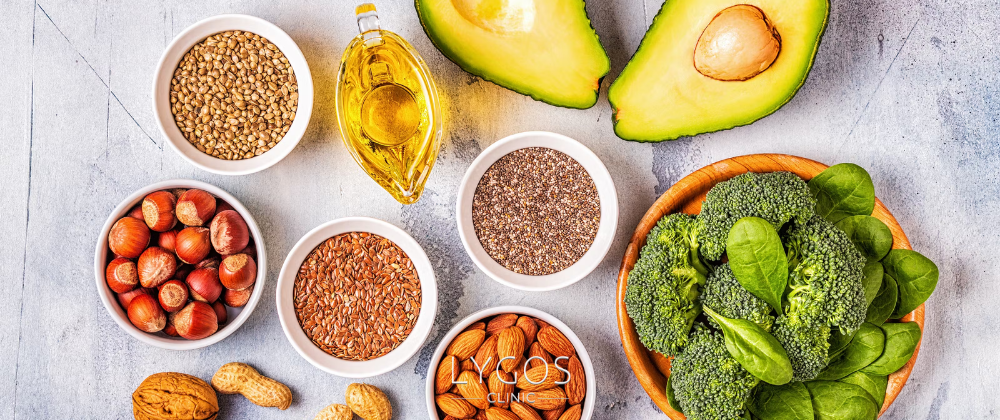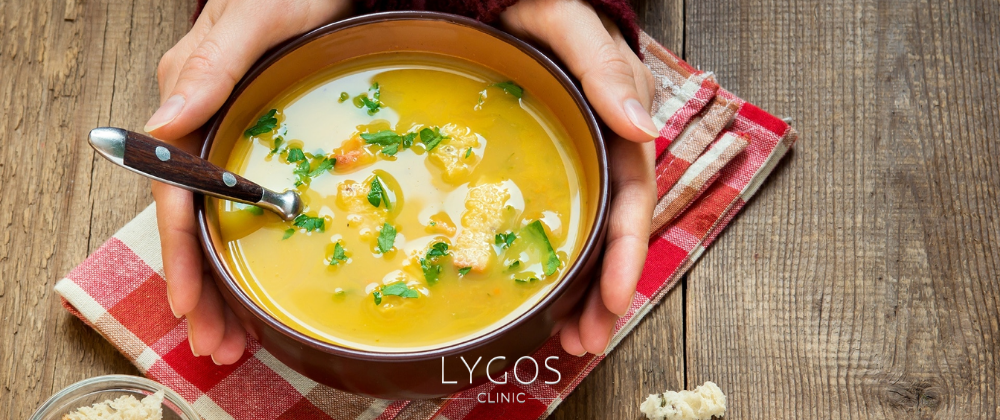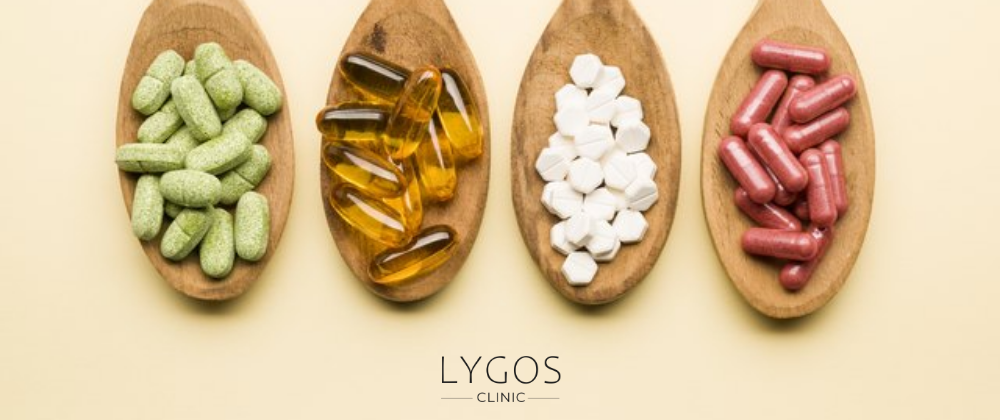Post-Rhinoplasty Nutrition | How Should it Be?

Chose Your Topic
Post-Rhinoplasty Nutrition
Rhinoplasty is a surgical procedure performed to change the structure of the nose. Post-rhinoplasty nutrition plays a crucial role in accelerating the healing process, reducing swelling, and minimizing the risk of infection. In this article, we will examine in detail the habits that should be considered in post-rhinoplasty nutrition.
The Importance of Post-Rhinoplasty Nutrition
Post-rhinoplasty nutrition plays a critical role in supporting the body’s healing process. Consuming the right foods:
- Ensures rapid tissue healing.
- Reduces swelling and bruising.
- Lowers the risk of infection.
- Supports overall health, making the post-surgery period more comfortable.
Carefully planning your post-rhinoplasty nutrition can positively impact the results of the surgery. The post-surgery period is critical not only for appearance but also for overall health and comfort.

Foods to Consume After Rhinoplasty
During the post-rhinoplasty nutrition process, consuming the following foods accelerates healing:
- Protein Sources: Foods rich in protein, such as chicken, fish, eggs, and yogurt, help tissues recover quickly.
- Foods Containing Antioxidants: Fruits and vegetables rich in vitamin C (oranges, strawberries, kiwis, peppers) strengthen the immune system.
- Plenty of Fluids: Water, herbal teas, and freshly squeezed fruit juices help maintain the body's hydration balance and support the healing process.
- Fiber-Rich Foods: Whole grains, vegetables, and legumes support gut health and prevent constipation.
- Healthy Fats: Foods like avocado, walnuts, almonds, and olive oil help reduce inflammation.
- Bone Broth: Due to its high collagen content, it contributes to tissue repair.
- Green Leafy Vegetables: Vegetables like spinach, chard, and lettuce aid the body’s recovery process.
Foods to Avoid After Rhinoplasty
During the post-rhinoplasty nutrition process, some foods should be avoided:
- Salty Foods: Excess salt consumption can cause fluid retention, increasing swelling.
- Sugary Foods: Foods containing refined sugar can weaken the immune system.
- Spicy and Acidic Foods: These can irritate the stomach and increase post-surgery sensitivity.
- Processed and Fast Food Products: Foods high in fat and additives can slow down the healing process.
- Carbonated and Acidic Beverages: These can irritate the stomach and disrupt the body's fluid balance.

Nutrition in the First Days After Rhinoplasty
The first days after rhinoplasty are crucial. During this period, it is essential to focus on foods that require minimal chewing and are easy to digest:
- Warm soups (chicken broth, vegetable soup)
- Yogurt and kefir
- Soft fruits like mashed bananas and applesauce
- Pureed vegetables
- Plenty of water and herbal teas
Avoiding very hot or very cold foods can help protect the sensitive tissues inside the nose.
How Should the Post-Rhinoplasty Nutrition Routine Be During Recovery?
The post-rhinoplasty nutrition process can be structured as follows:
- First 3 Days: Liquid and soft foods should be consumed.
- Days 3-7: Transition to light and easy-to-chew foods.
- After 1 Week: Gradual return to normal eating habits, while continuing to prefer healthy foods.
Caffeine and Alcohol Consumption After Rhinoplasty
During the post-rhinoplasty nutrition process, caffeinated beverages (coffee, tea, energy drinks) and alcohol should be avoided for at least two weeks.
- Caffeine can disrupt the body's fluid balance and slow down the healing process.
- Alcohol can thin the blood, increasing the risk of bleeding and delaying tissue recovery.

Vitamin and Supplement Use After Rhinoplasty
During the post-rhinoplasty nutrition process, strengthening the immune system with doctor-approved vitamins and supplements can be beneficial:
- Vitamin C: Accelerates tissue repair and strengthens the immune system.
- Vitamin A: Supports cell regeneration.
- Zinc: Speeds up wound healing.
- Omega-3: Reduces swelling with its anti-inflammatory effects.
- Iron: Supports blood circulation and contributes to healing.
- Probiotics: Protects digestive health and supports gut function.
In conclusion, maintaining a healthy and balanced diet during the post-rhinoplasty nutrition process significantly contributes to the healing period. Adhering to post-rhinoplasty nutrition guidelines and following your doctor’s recommendations will help you have a more comfortable recovery.
Paying attention to post-rhinoplasty nutrition ensures the preservation of the nose’s shape and enhances the success rate of the surgery. Therefore, post-rhinoplasty nutrition should be given great importance.
Post-Rhinoplasty Nutrition Frequently Asked Auestions (FAQ)
You should follow a careful nutrition plan for at least two weeks, focusing on soft and easily digestible foods during the first few days.
It is recommended to avoid caffeine for at least two weeks, as it can dehydrate the body and slow down the healing process.
You can begin incorporating solid foods gradually after the first 3-7 days, depending on your comfort level and your doctor's advice.
Yes, vitamins such as Vitamin C, Vitamin A, Zinc, and Omega-3 are beneficial for tissue repair and reducing inflammation.
Alcohol should be avoided for at least two weeks as it can increase swelling and interfere with the healing process.


